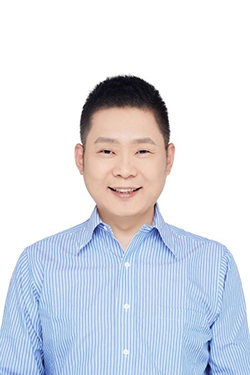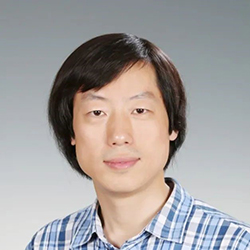Home> Academic Sessions
Session 18: Single-cell multiomics technologies: From research to human health
Updated: 2024-07-22
In recent years, with the development of high-throughput single-cell multiomics technologies, a vast amount of single-cell transcriptional data from different tissues of various species has been generated worldwide.
However, the organization of the body's organs involves not only cellular diversity but also the orderly spatial distribution of cells, transcriptional regulation at the genomic level and the role played by proteins. These aspects cannot be captured by traditional single-cell single-omics data. Therefore, the integrated application of multiomics technologies is essential for a more comprehensive understanding of the development, functioning mechanisms and disease processes of living organisms.
Single-cell level multiomics detection technologies and data analysis methods have been continuously developing in recent years. New technologies and tools are emerging at a dazzling pace, playing increasingly important roles in developmental regulation, organ functions, disease mechanisms, precision medicine and other scientific research and applications. These advancements provide powerful tools for basic research in life sciences and studies related to human health.
This session will focus on the cutting-edge advancements in single-cell multiomics technologies and their extensive applications. It aims to promote discussion and exchanges among experts and scholars in related fields and advance the appliance of such technologies in life science research and human health services.
Chairs

Wang Xiaoqun
Researcher, Beijing Normal University

Tang Fuchou
Researcher, Peking University
Invited speakers & reports
Zeng Hu
Researcher, Peking University
Report: Multimodal mapping of gene regulatory networks at molecular resolution
Zhou Fan
Researcher, Tsinghua University
Report: Embryonic development and regulation during peri-implantation period
Shi Yingchao
Researcher, Guangdong Institute of Intelligence Science and Technology
Report: Spatiotemporal characteristics and transcriptional regulatory mechanisms of human spinal cord development
Zheng Chunhong
Researcher, Peking University International Cancer Institute
Report: Identification and applications of neoantigen-specific TCRs based on single-cell sequencing
Zhou Yi
Researcher, Center for Excellence in Brain Science and Intelligence Technology, Chinese Academy of Sciences (CAS)
Report: Comparative molecular landscapes of immature neurons in the hippocampus across species reveal special features in humans
Ma Shaojie
Center for Excellence in Brain Science and Intelligence Technology, CAS
Report: Development and evolution of the prefrontal cortex
